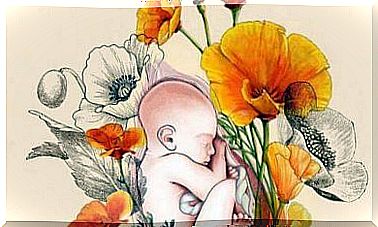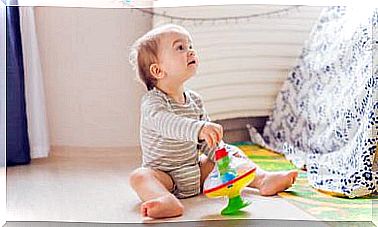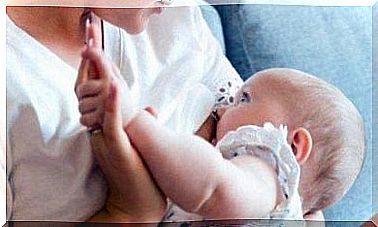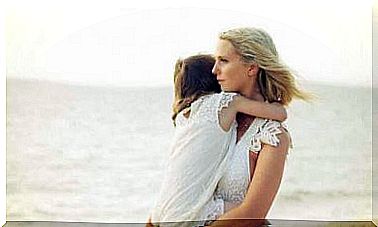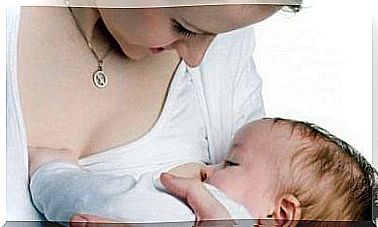4 Family Definitions: Different Points Of View To Consider – Being Parents

Would you like to know the different definitions of family? They are numerous and have been conditioned or influenced by the social laws, the cultural and economic patterns of each region. We will introduce you to some of the best known in this article.
The origin of the word family is not very clear. This term is said to come from the Latin fames , which means “hunger”, but others claim that it derives from the word famulos, which means “reduced to servitude”. It is therefore believed that the concept of family was used to refer to a set of slaves and servants under the charge of a single man.
Family definitions
Families have continued to evolve over time, as have concepts. The most notable globally are:
- The family is born from marriage, the legal institution guaranteeing the marital bond. It generates rights and obligations in society. In addition, it is made up of children, whose parents must take care of and to whom they must provide protection and nourishment until they come of age.
- The family is the most important social organization for man, legally consecrated by blood ties or by affinity. Since it is a general group to which man belongs, it contributes to the psychological and social development of the individual.

- Other definitions of family claim that it is the product of a matrimonial alliance between two members of other groups, of family descendants. It consists of parents, who can be related by consanguinity, affinity, adoption or other reasons.
The family is a group of people united by blood, emotional or adoptive ties. It consists of a couple and their children. In some cases, other people are present, with different family ties: grandparents, nephews / nieces, uncles / aunts, etc.
Emotional ties in the family
Emotional bonds are strengthened through a process of interaction between you and the people with whom you live. There is therefore a very close family relationship between people who are related by adoption, consanguinity or filiation. This is how love and fraternal tenderness develop.
Relationship
It should be emphasized here that the ties of kinship by consanguinity are those which come from the same progenitor. The ties between the spouse and the consanguineous of his / her spouse are kinship ties by affinity. Finally, civil kinship ties are those which concern adopted children.
Family definitions: classification of traditional and modern family
There are different kinship ties within the family nucleus. All the people who integrate this nucleus therefore do not have the same proximity or relationship. This is due to the growth and evolution of society: changes at the family level are only increasing.
The nuclear family
This refers to the group which consists of the father, mother and children. Parents are responsible for supporting their families, in the economic sense of the term. They must also provide them with protection, security and serve as their spiritual guide. There are also extended families, which consist of the couple’s parents, uncles / aunts, cousins and others who did not have a home or had no one to protect and support them.

Composed family
It consists of the father, the mother and a member that has a blood connection with one of the two. This is for example the case when one of the spouses already has other children or decides that another close relative, such as an uncle / aunt, a cousin or a nephew / niece live with them.
Family definitions: single-parent family
This is a family that consists of only one parent, who brings up their children alone. This person may be widowed, divorced, or decided to be a single mother or father. This different composition of the family is due to the great changes that have taken place in society in recent years.
Families assembled
They consist of the union of two single-parent families in which the parents unite through a sentimental relationship. So they end up forming a family. We also give the surname to that where the parents unite only by a sentimental bond, without marrying.
In summary, definitions of family describe very well the nature of every human being, in addition to their need to belong to a specific group in society.

